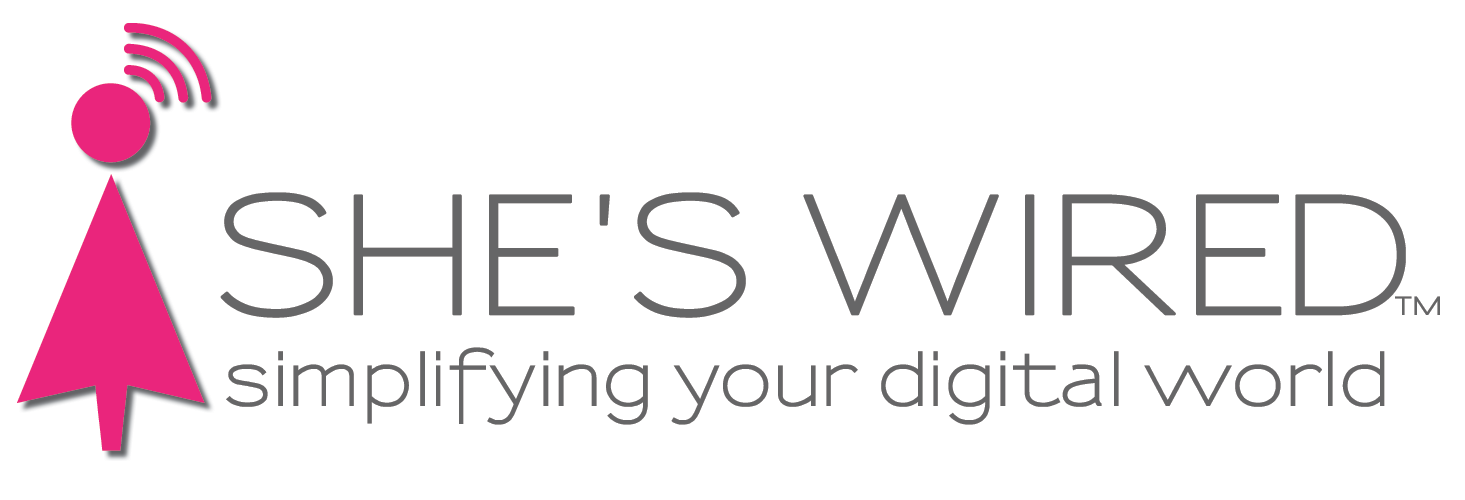Gather your digital "keys" and safeguard the future
“What’s the password for the bank?”
“Did you see the stickie with my login for our insurance?”
Most people have misplaced a password for SOMEthing at least once. And committing even those used most often to memory is risky at best. And if you are caring for someone, keeping track of these digital “keys” is vital.
Creating a safe record of the keys to your unique digital world is imperative now and tomorrow. “Keeping a record of your accounts, usernames and passwords will make things so much easier for your family if you become incapacitated or pass away. These records can save the family days, if not weeks, of searching your home for this information,” says Attorney Kathy Cleere, who specializes in estate planning and probate at her practice in Tucson, AZ.
First, consider how you will safeguard your logins, passwords and PINs :
Password keepers such as Keeper, LastPass, 1Password and Dashlane, are great ways to keep all your passwords in one place. Of course, the password to THAT must be shared with a trusted party as well.
A paper record of your passwords and data can be secured in a fireproof, waterproof safe at home with the combination either shared among trusted loved ones or your lawyer.
Don’t use a safe deposit box. Access is limited to the owner of the box by most banks so no one will be able to access the contents until probate or a court order. A safe deposit box should only be used for valuables, not papers. Bring these home and invest in a home safe.
Review all of your digital devices, services and subscriptions to create your record:
Your streaming accounts
Your email
Your insurance
Your phone
Your laptop/other devices
Your social media accounts (Facebook, Twitter, Instagram, TikTok)
Online services (music, photo and file storage, other subscription accounts)
In addition, you should gather the answers to these questions:
Which credit cards are connected to which account?
How are each of your expenses paid (particularly if on auto-pay)
Do you have a list of assets?
Where are your bank accounts? What are your account numbers? Your investments?
Who should be contacted in case something happens to you and what is the relationship? List their phone numbers, email addresses and physical addresses.
Given how much time we spend online, it’s important to figure out how these accounts would be managed or deleted:
Google allows users to name an “inactive account manager” who gains access to your account if it hasn’t been touched in a certain amount of time (you have options as to the length of time).
Facebook offers two options: you can choose to permanently delete the account if you should die or you can create a memorial account.
iPhones allow you to add a second person’s face ID or fingerprint into your settings.
Password managers also offer options for account management in the case of death. See Keeper, LastPass, 1Password and Dashlane.
Apple allows a legacy contact for your AppleID- Here’s how to set it up at Apple Legacy Contacts.
She’s Wired has compiled a checklist that you can download and use to build your own record for easy reference for you, and for your loved ones to access if necessary. Remember to update these records whenever you update your passwords!
Give She’s Wired a call if you need help getting started with a Password Manager.




